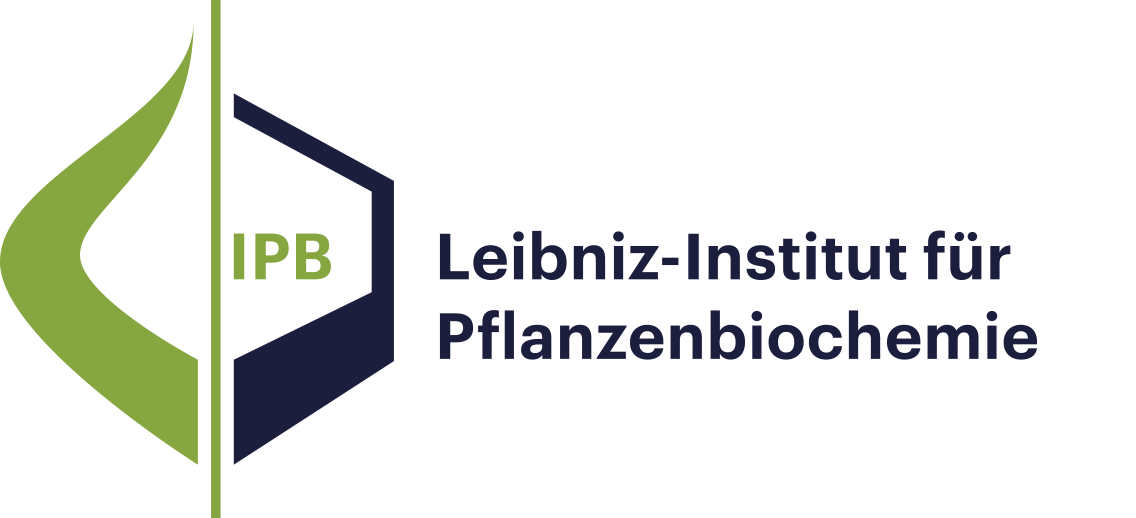- Ergebnisse als:
- Druckansicht
- Endnote (RIS)
- BibTeX
- Tabelle: CSV | HTML
Publikation
Leitbild und Forschungsprofil
Molekulare Signalverarbeitung
Natur- und Wirkstoffchemie
Biochemie pflanzlicher Interaktionen
Stoffwechsel- und Zellbiologie
Unabhängige Nachwuchsgruppen
Program Center MetaCom
Publikationen
Gute Wissenschaftliche Praxis
Forschungsförderung
Netzwerke und Verbundprojekte
Symposien und Kolloquien
Alumni-Forschungsgruppen
Publikationen
Publikation
The importance of the signaling compound salicylic acid for basal defense of potato (Solanum tuberosum L. cv. Désirée) against Phytophthora infestans, the causal agent of late blight disease, was assessed using transgenic NahG potato plants which are unable to accumulate salicylic acid. Although the size of lesions caused by P. infestans was not significantly different in wild-type and transgenic NahG plants, real-time polymerase chain reaction analyses revealed a drastic enhancement of pathogen growth in potato plants depleted of salicylic acid. Increased susceptibility of NahG plants correlated with compromised callose formation and reduced early defense gene expression. NahG plants pretreated with the salicylic acid analog 2,6-dichloro-isonicotinic acid allowed pathogen growth to a similar extent as did wild-type plants, indicating that salicylic acid is an important compound required for basal defense of potato against P. infestans.

